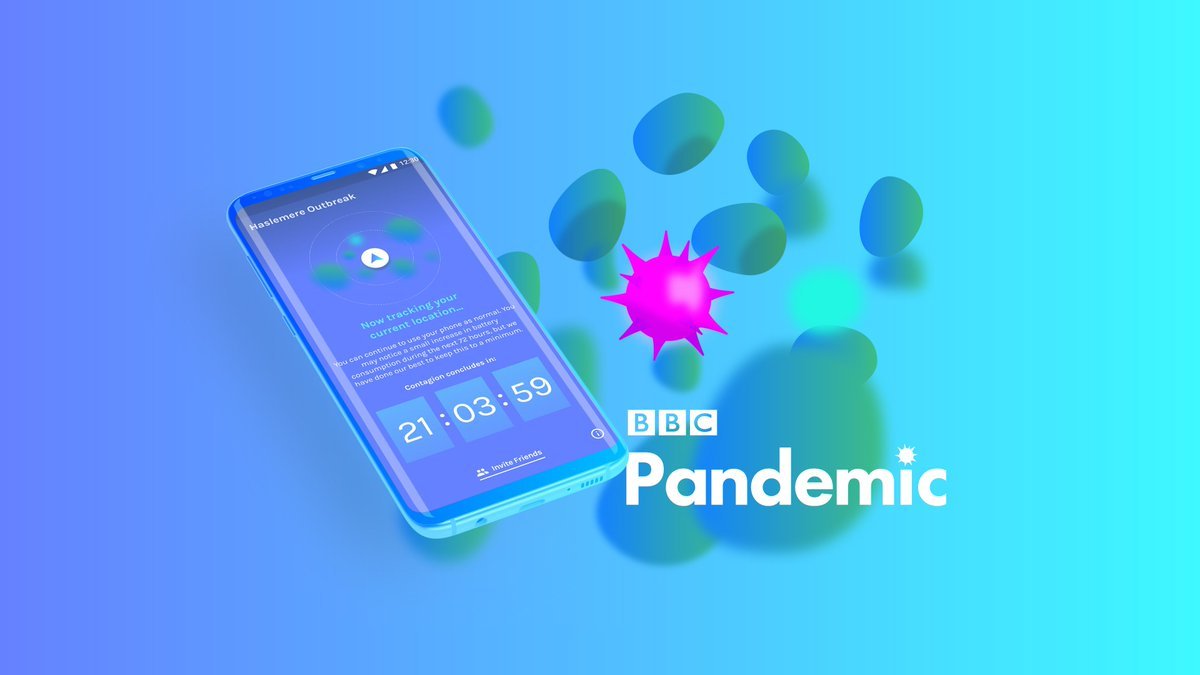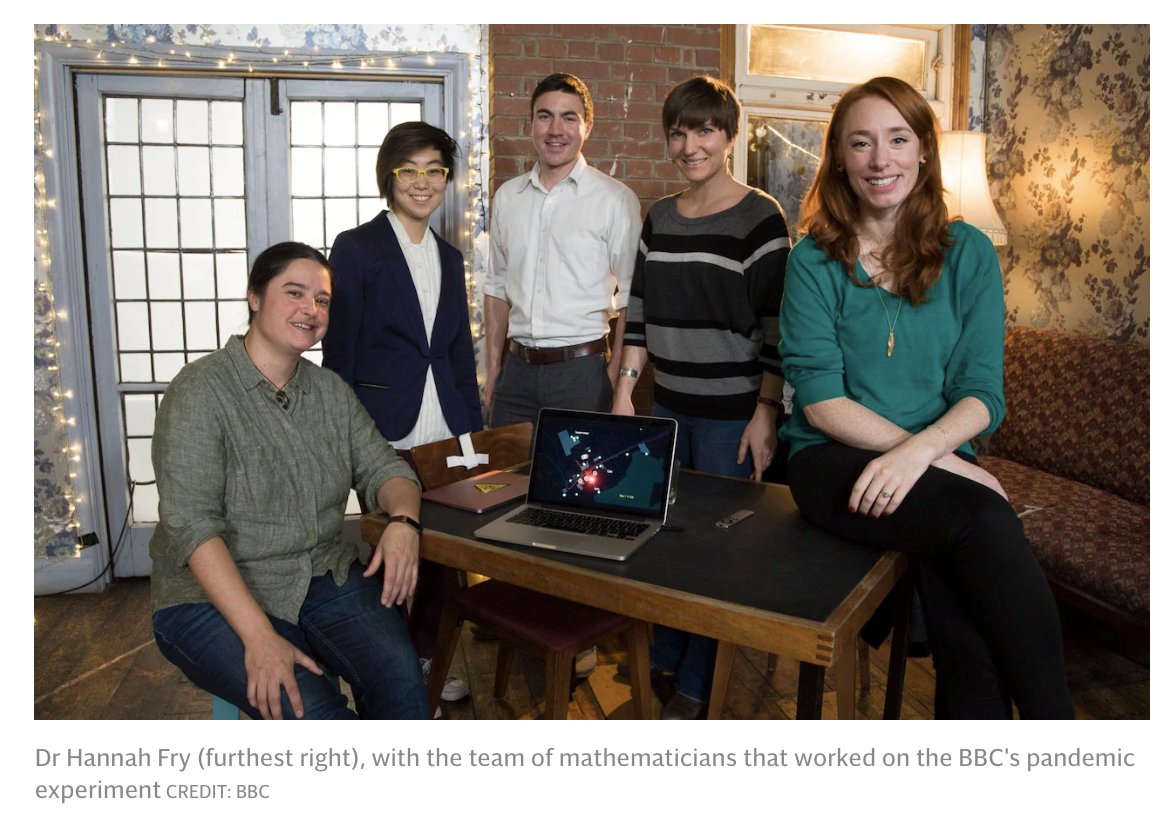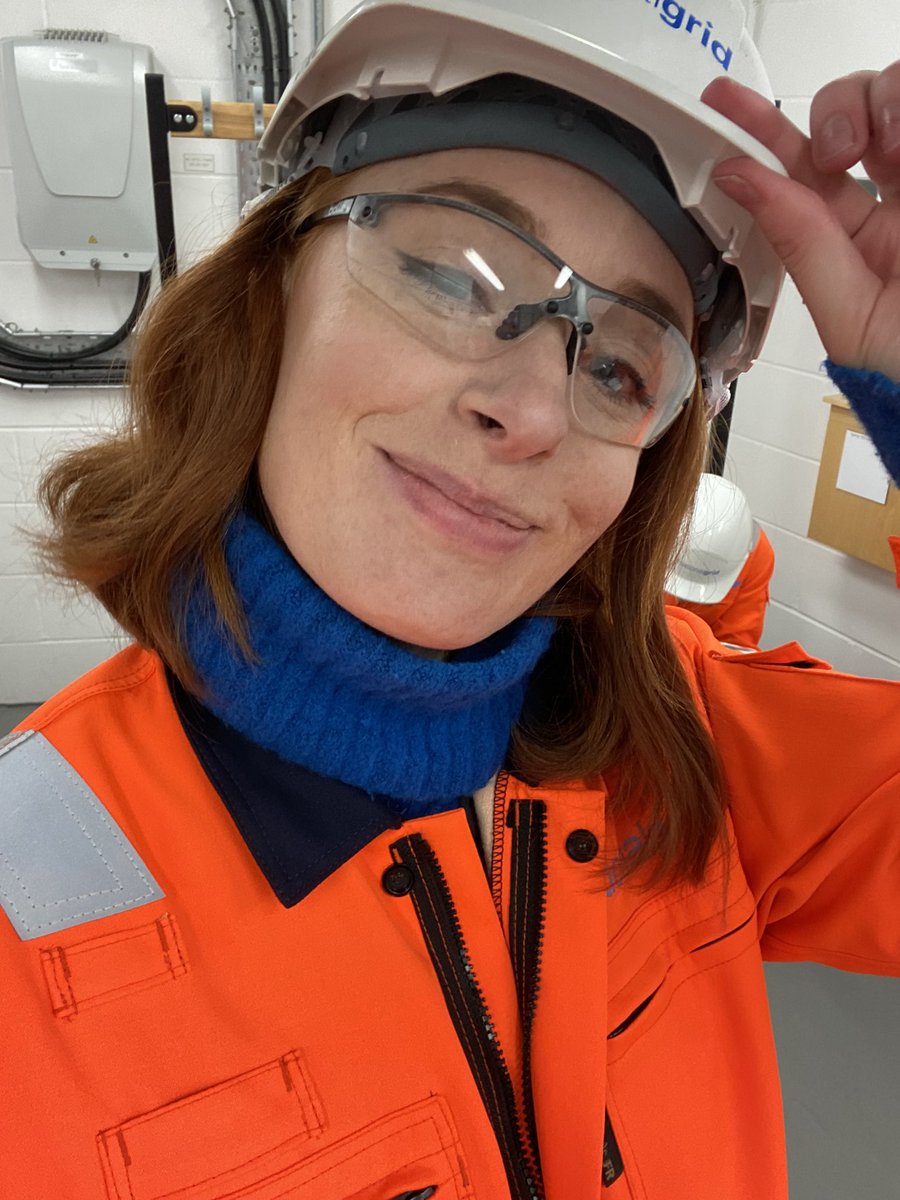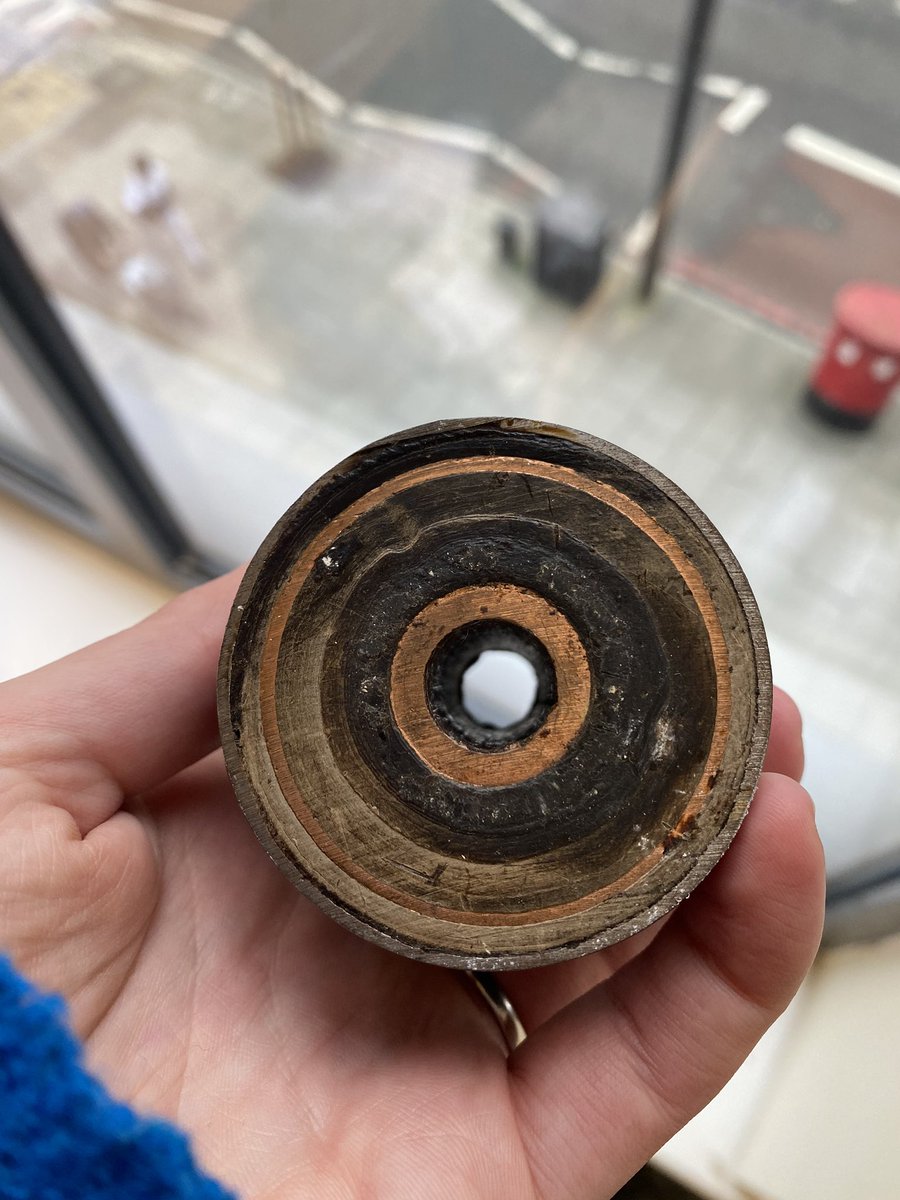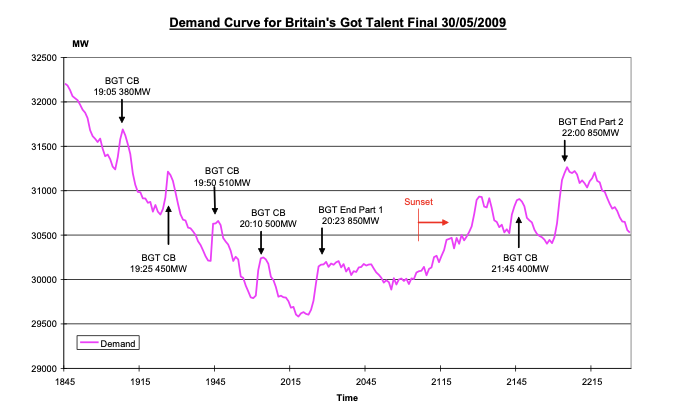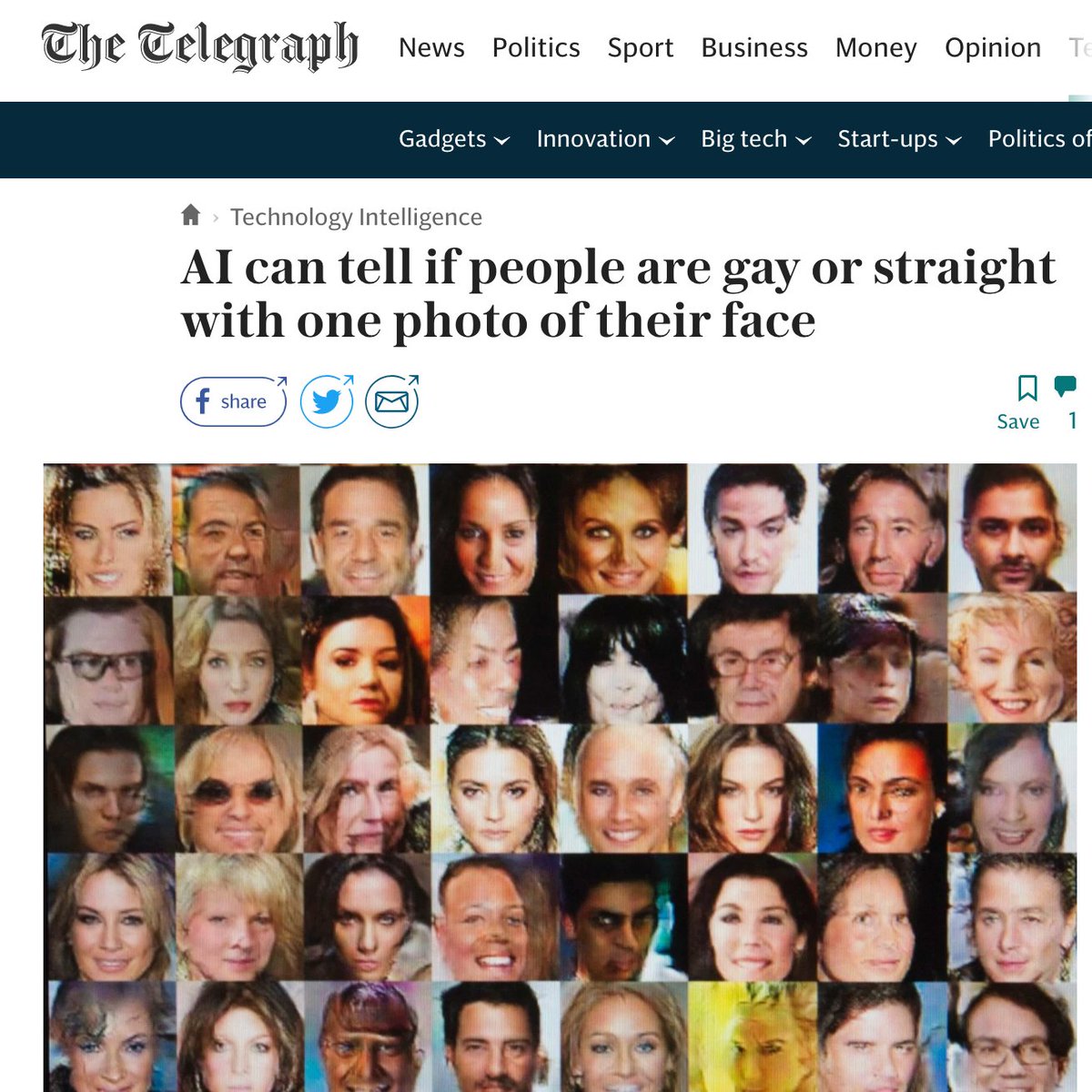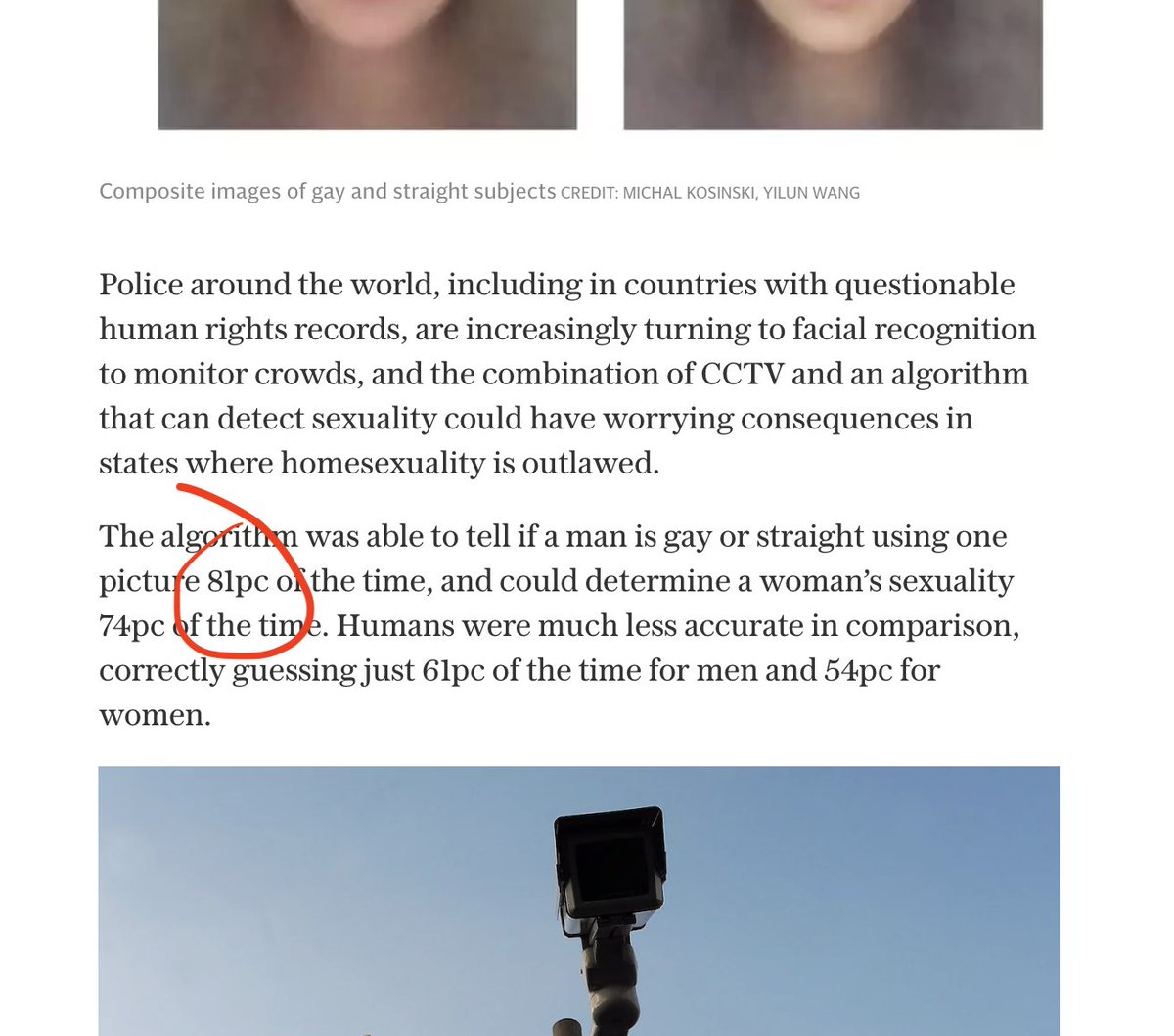
I want to tell you a little story about calculus.
Or, as I shall now refer to it, "Mathematical Alchemy"
Or, as I shall now refer to it, "Mathematical Alchemy"
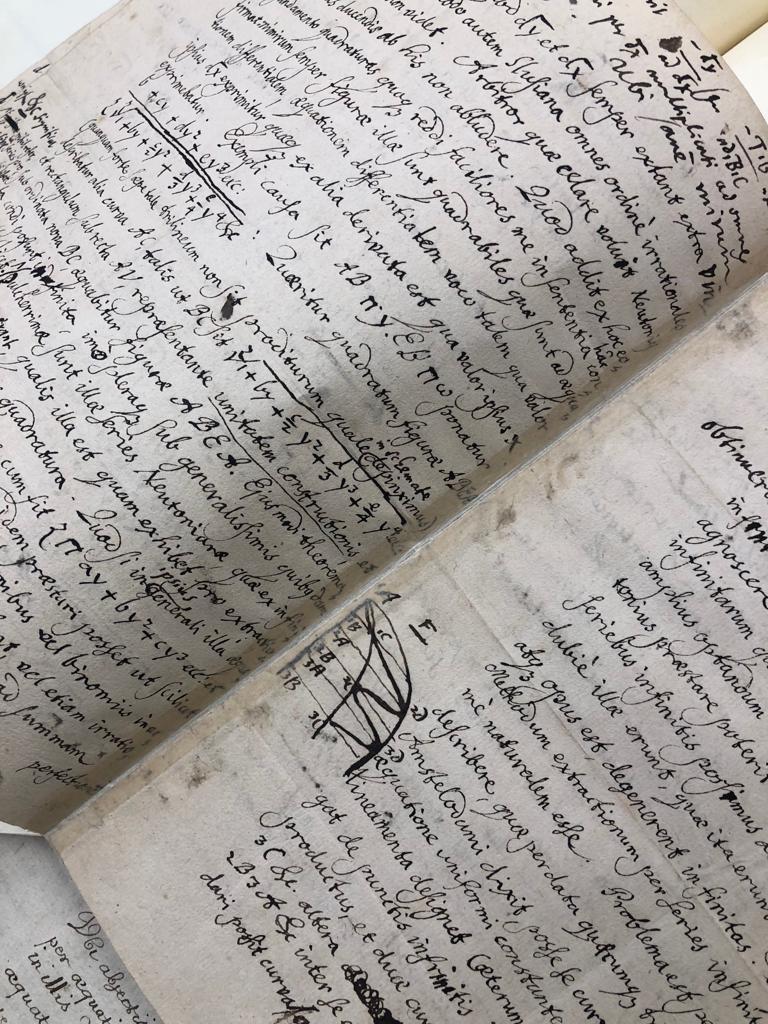
It started when these two real-life wizards, Newton & Leibnitz, came up with an unbelievably clever way to describe how things change, and in doing so, let the rest of us mere mortals spend the ensuing centuries wrestling the physical world into submission. 

This stuff is like catnip for mathos. Here I am with some of Newton's original writing. Look how excited I am just to be in the presence of some calculus! 

Now, I'll admit. I like calculus more than most people. But I still always found it odd how so many students - especially in the states - found it so baffling and boring. The magic seemed to be missing somehow.
And then a bit less than a year ago, this guy got in touch:
And then a bit less than a year ago, this guy got in touch:

This is Aaron Rasmussen, the guy who founded Masterclass (those online videos where Werner Herzog and Margaret Attwood teach you the tricks of their trade). He is also a nerd with a capital N and an unashamed math(s) lover.
He told me how every year 1 million students in America take a calculus class. How it costs an average of $2,500 a time, and how almost half of all students will fail.
He told me how he wanted to create the most beautiful, engaging and effective Calculus course possible - one that would count as college course credit, but without the extortionate college price tag.
Something that brought a little bit of the magic back to maths education.
Something that brought a little bit of the magic back to maths education.
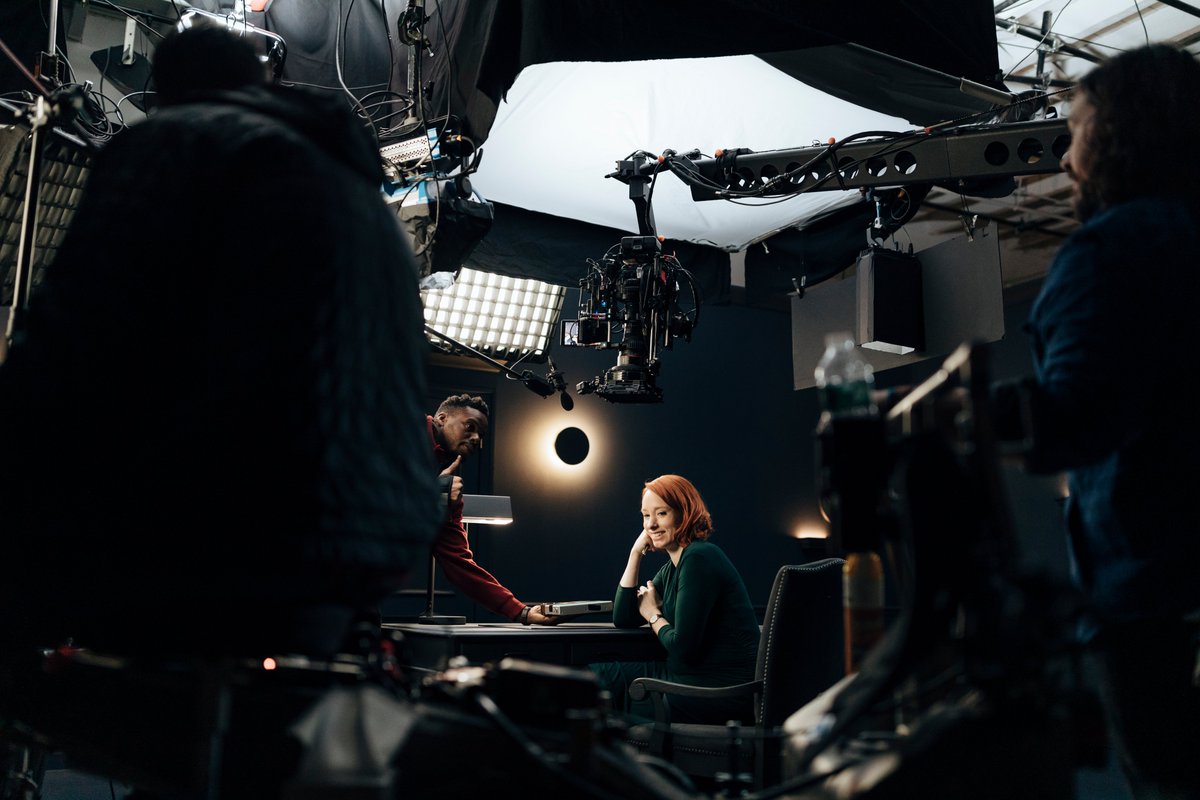
So that's exactly what we've done. Along with @JohnCUrschel, @timchartier
and Aaron's team at Outlier. Here is our attempt to make world-class education more equitable & accessible. outlier.org
and Aaron's team at Outlier. Here is our attempt to make world-class education more equitable & accessible. outlier.org

• • •
Missing some Tweet in this thread? You can try to
force a refresh

